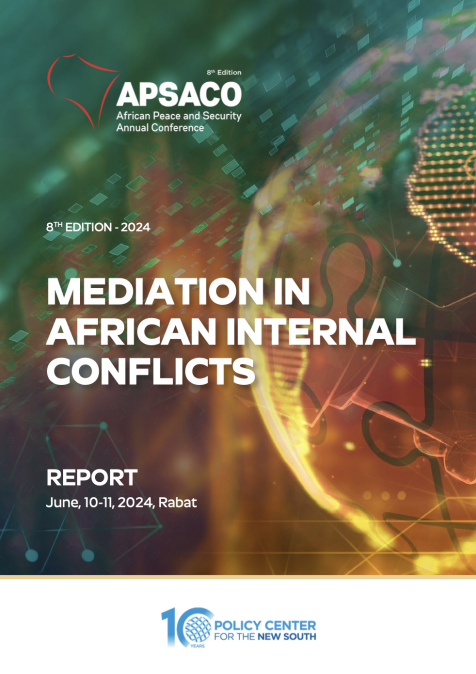Publications /
Policy Brief
Policy Brief
La spotification du marché du gaz naturel liquéfié: origine et implications
January 13, 2016
En raison de la distance géographique existante entre les zones principales de consommation et de production et de l’existence consécutive de coûts logistiques importants, le marché du gaz naturel liquéfié (GNL) s’est historiquement structuré autour de contrats d’approvisionnement de long terme indexés sur les prix pétroliers. Avec le développement récent des gaz de schiste et une croissance européenne atone, l’excès d’offre de GNL favorise désormais le développement des marchés spot, notamment en Asie, par nature plus flexibles et déconnectés des prix pétroliers. Dans cette optique, il n’est pas impossible que la filière du GNL se financiarise à plus ou moins long terme.










